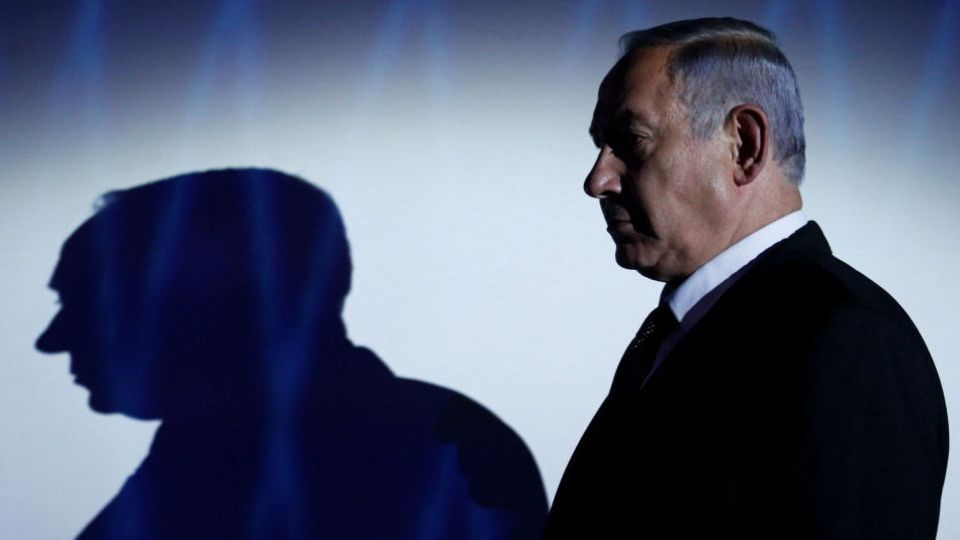Qassem Mohebali, in an interview with the website of the Strategic Council on Foreign Relations noted: Since the Israeli community is composed of the immigrants, there are many differences and the government should be able to solve those problems, but the Netanyahu government has not been much successful in solving those problems. Besides those issues, economic problems, unemployment, mismanagement of the coronavirus and the conflict between immigrant political groups have led the Israeli people to continue the protests that started six months ago.
Responding to the question on the consequences of the protests against Netanyahu, Mohebali said: The Israeli prime minister has long had no political position and formed the coalition government with the pressures and help of Donald Trump and his family. In fact, if elections are held, it is unlikely that Netanyahu will be able to get enough votes to stay in power.
Mohebali continued: Since Benjamin Netanyahu is accused of corruption, if he does not receive the required votes in the elections because he is charged with fraud, he would probably be taken to the court and his political destiny will come to an end.
Asked whether continuation of the protests would pave the way for the fall of the Zionist regime, the expert further elaborated: Those protests will not have much effect on the totality of the Israeli regime; because with regard to the dissolution of the parliament, it seems that the system has come up with a solution to satisfy the people. In fact, there will be a great transfer of power in Tel Aviv because it is a multiparty system. Therefore, new coalitions will be formed between different currents so that they could both be able to form a government that could further satisfy the people and also provide them with the opportunity to live longer.
Pointing to the fact that the Israeli parliament was dissolved for the fourth time in the past two years by 61 votes in favor and 54 votes against so that election will be held in the Occupied Territories, the Middle East expert noted: Therefore, we must wait for the new elections in the Occupied Territories and its impact on domestic issues.
Stressing that Netanyahu’s government was a minority government, he added: The Likud Party was able to form a temporary government with the understanding it reached with the Blue and White Party.
Mohebali continued: In case a new government is formed and Netanyahu hands over power in Israel, it is possible that some of his policies, such as his extremist policies in the development of settlements, rejecting the idea of two states, normalization of relations with Arab countries and annexation of the West Bank, will be suspended for now.
At the same time, he blamed Trump’s defeat and his departure from the White House as a factor further compounding the case and said: These issues would work together to make the next Israeli cabinet a cabinet to moderate Netanyahu’s extremist policies to some extent; because such policies were often supported by Trump, and if he steps down and Joe Biden comes to power, the US position in support of such policies will be adjusted.
Mohebali stressed: In fact this does not mean that the new US administration does not support the entity and security of Israel, rather it means that it will probably not support Benjamin Netanyahu’s extremist policies and that he has virtually no chance to remain in power.
Saying that in Israel the developments are much under the influence of the United States, Mohebali said: As long as Donald Trump was in power and had not yet lost the elections, Benjamin Netanyahu would use any means to remain in power in the occupied territories and overcome the dangers posed to his government. But now that Trump is leaving the White House, it is unlikely that the opposition and the rival party will support Netanyahu; therefore, new elections would be held in Israel, and subsequently efforts would be made to moderate the situation to some extent.
Pointing to the fact that Netanyahu has put all his eggs in Trump’s basket, the expert on the Middle East affairs said: Probably Netanyahu would not be able to work very well with the Biden administration and the Democrats, therefore, it is not inconceivable that a government would come to power in Israel that could have a better cooperation with the United States.










0 Comments